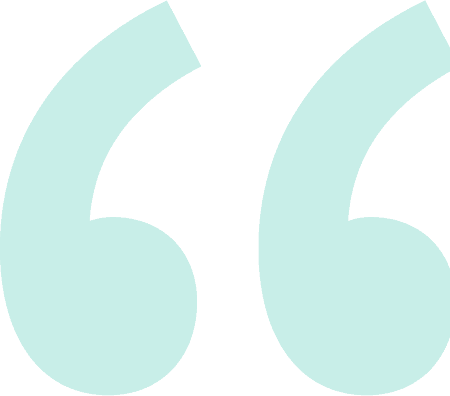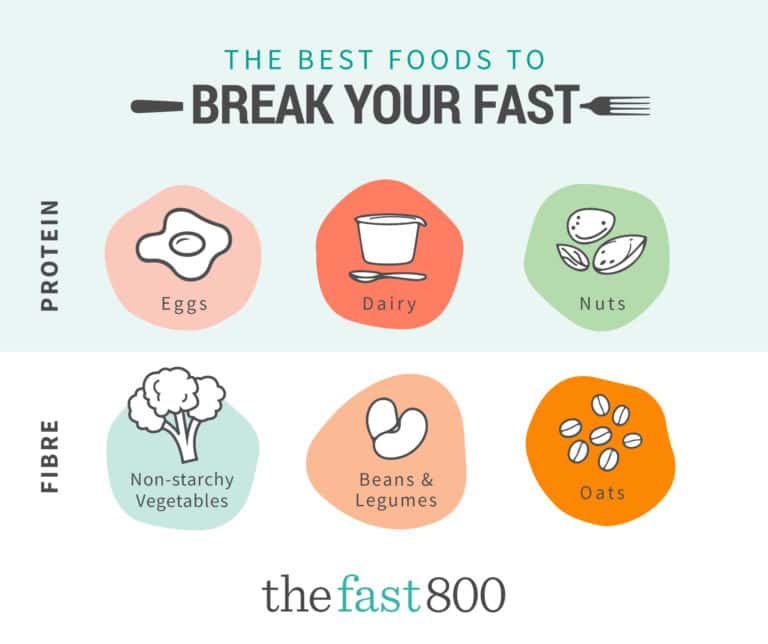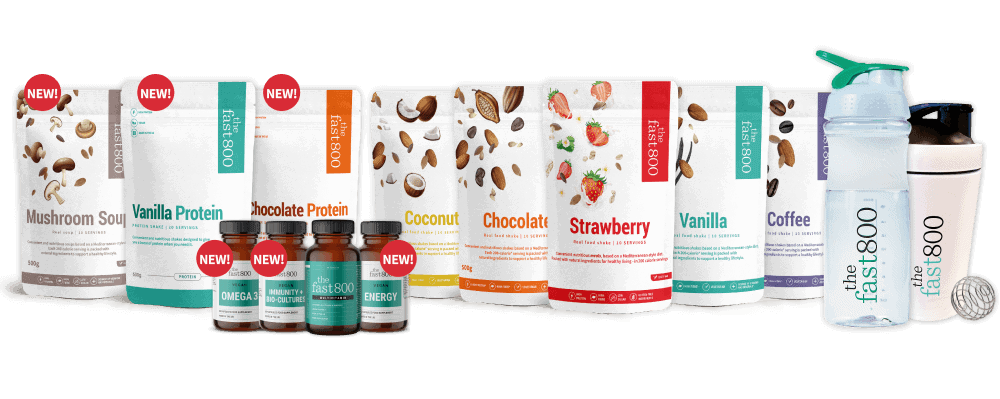Best Foods To Break Your Fast
Along with many other nutrition myths, the belief that an early morning breakfast is the most important meal of the day isn’t necessarily true. In fact, more and more people are choosing to skip breakfast completely and extend their overnight fast. The very word refers to ‘breaking your fast’, and doesn’t refer to what time of day that needs to happen.
However, even if you skip breakfast, you will have to break your fast at some point, and when you do it’s important to know exactly which foods will be best for your metabolism.
Fasting and The Fast 800
There are multiple aspects of fasting and with The Fast 800, it is a range of things:
- The Very Fast 800 is a type of fasting as you are limiting your calories, for a period of up to 12 weeks, to experience rapid weight loss.
- The New 5:2 is a form of intermittent fasting. With this approach, you reduce your calorie intake to 800 calories for two (fasting) days each week and follow the principles of a Mediterranean-style diet, with sensible portions, for the remaining five days
- Time restricted eating (TRE) is another type of intermittent fasting where you only consume food and drink containing calories within a certain window, therefore cycling between periods of eating and fasting. Popular methods are 12:12, 14:10 and 16:8. We recommend 12:12 and 14:10 as they are the most sustainable long-term. TRE can be practised alongside any of the approaches of The Fast 800.
Fasting has been happening for centuries for religious reasons, health purposes or simply because in the past, there has been limited food available. Overtime, it’s become clear our bodies are well equipped for it.
Intermittent fasting has many benefits and has been repeatedly recognised through scientific research to:
- improve cognitive function;
- contribute towards the reversal of type 2 diabetes;
- burn fat efficiently; and,
- reduce inflammation potentially lowering the risk of chronic disease.
Importantly, scientists have found that fasting alone may not secure these benefits and the foods you break your fast with can either reinforce them or alternatively, sabotage your efforts.
Join our email community
Learn more about The Fast 800 approach to healthy living by receiving our free content, health tips and recipes as well as exclusive offers, delivered straight to your inbox.
Best foods to break your fast
It’s also important to fuel with nutrient dense foods that will sustain your energy, not drain it. Avoiding simple carbohydrates is key as they’ll send your blood sugars soaring, raise your insulin levels and bring more difficulty to your day by making you feel hungry. Breaking your fast with protein and fibre can help curb your appetite for the rest of the day. So, ditch the breakfast cereal and opt for Mediterranean-style whole foods instead.
Protein:
Protein is a must when breaking your fast as it will provide you with long-lasting energy throughout the day. You’ll find that a high protein breakfast will help you to avoid snacking and keep you fuller for longer.
Here are some practical tips from The Fast 800 nutritionist:
- Choose proteins that are more easily digestible, especially if you have completed a longer fast. Meat (while being an excellent source of protein) can be a little more difficult for the body to break down if you’ve not eaten anything for hours.
- Eggs are nutrient powerhouses that not only provide protein but also a plethora of vitamins and minerals to replenish your stores.
- Dairy foods, such as yogurt or cottage cheese, are perfect to break a fast – they’re already fermented which makes them easier to digest while providing you with a good source of protein to keep you feeling satiated and less likely to reach for snacks before your next meal.
- Nuts are packed with nutritional value and healthy fats, as well as that all important protein. Being quite a low carb source of protein, nuts are a great choice to break a fast.
Fibre:
Fibre is an excellent source of vitamins, minerals and electrolytes to refeed your system in a healthy way. By eating a breakfast rich in fibre, you are feeding your gut microbiome improving your overall health.
A few things to note:
- Non-starchy vegetables are a favourite on The Fast 800, regardless of the approach you’re following. They contain a wide variety of essential nutrients and fibre that helps to improve your digestive tract health and provide bulk to meals without lots of calories. If you’re opting for vegetables to break your fast, it may be better to have them cooked, rather than eating them raw, to make them more easily digestible.
- Beans and legumes are fibre packed, providing you with a quick and delicious addition to any breakfast. Just pop open a tin and rinse them off, perfect in an omelette for the ultimate protein and fibre combination.
- Whole rolled oats, while higher in carbohydrates than our other suggestions, contain a vital compound called beta-glucan which has been shown to reduce cholesterol. The beauty of oats is that they’re a great source of fibre and a small amount of protein. Like veggies, cooked oats may be easier to digest, if you have a sensitive stomach, after a fast. Steer clear of instant or quick oats, they contain a lot less fibre due to their processing.
Here are a selection of higher protein and fibre recipes, all great foods to break your fast, with at least 15g protein per serve:
Avoid overeating
It’s quite common to overeat following a fast. If you’re unprepared, the prospect of food when hungry can feel like a child in a sweet shop; with so many options, you end up wanting a bit of everything. When you come to the end of your fast, it’s better to ease into eating by introducing small portions of easily digestible food. Going head first into a pantry of options laden with sugar, carbs and trans fats is likely to cause bloating and discomfort from overfilling your digestive system.
Having clear and concise meal plans will help ensure you break your fast in a way that sets you up right for the day and maintains your healthy eating habits. It can be difficult to create meal plans that are both low calorie and fulfil daily nutritional requirements. The Fast 800 takes this pressure away with nutritionally developed meal plans that are delicious and won’t leave you feeling hungry throughout the day.

Remember, if it’s been a longer fast (16 hours+), your system may take a little longer to digest foods, so a smaller portion may feel best for your first meal. By planning your meals ahead of time, and practicing mindful eating, you’re also less likely to overeat.
– Gabi, The Fast 800 Nutritionist and Recipe Developer










